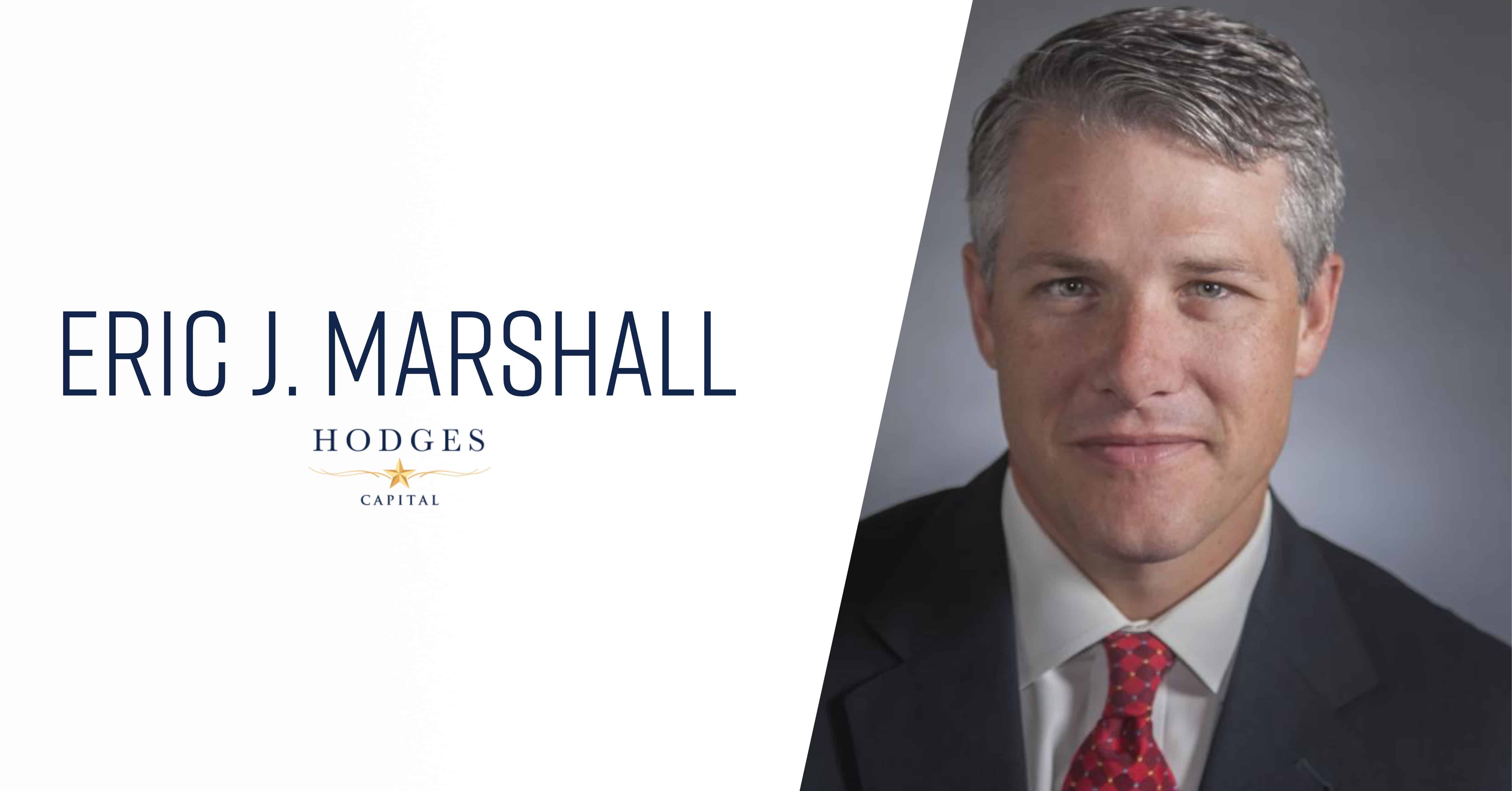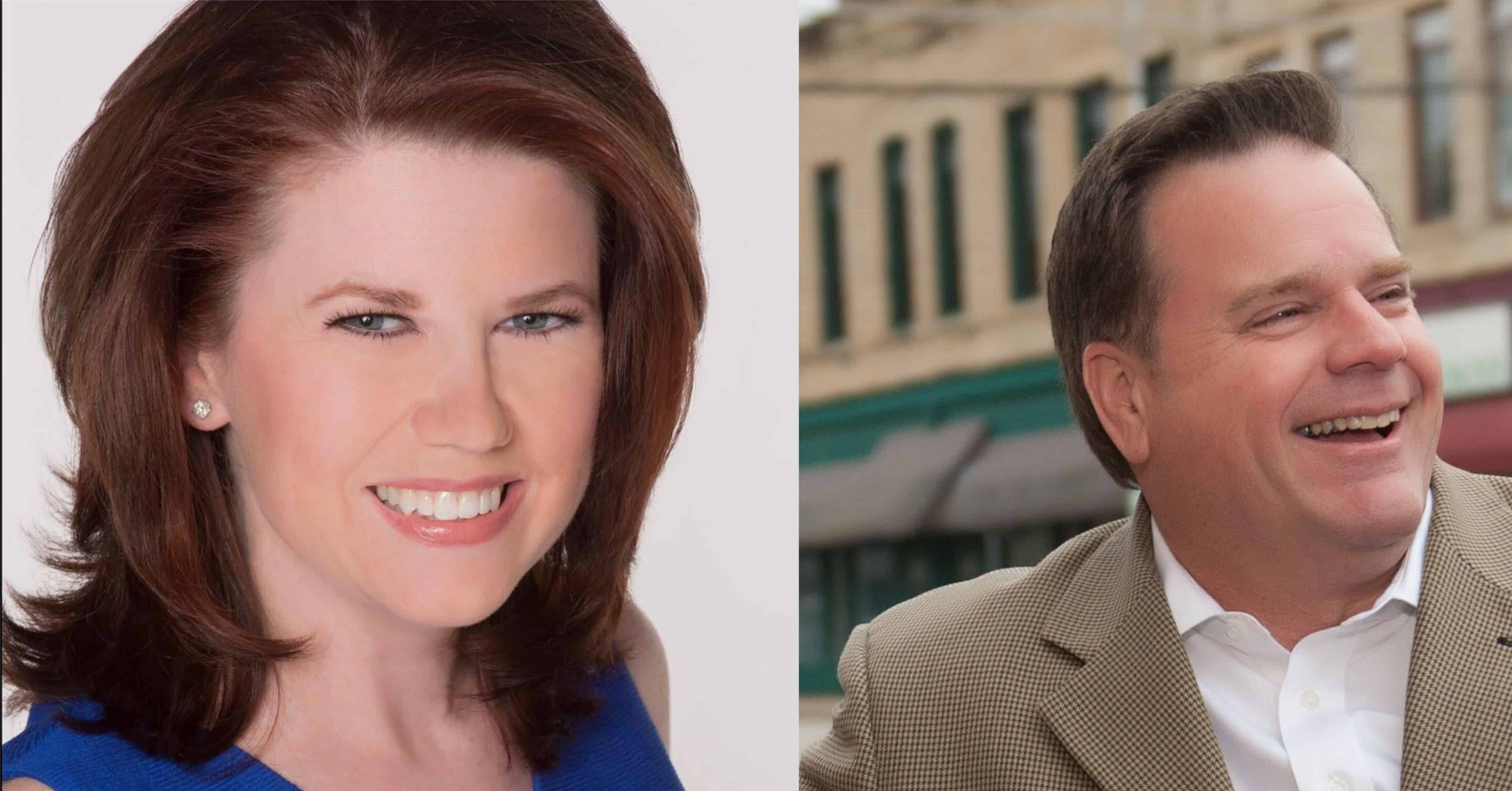Disruption can arise at any moment and oftentimes there is nothing we can do to avoid it from happening. There has been a lot of disruption in the last two years and it has left countless people jobless, on unemployment, or sent home for a few weeks to recover from COVID-19. With the most recent COVID-19 spike I have heard stories of several people who feel that they cannot miss work because of the money they would lose despite being ill. It now seems that more and more people are finding themselves between a rock and a hard place, money or the safety of others. I am certain that the majority would prefer the latter. However, having a plan in place can make the decision easier.
Looking back at the start of the pandemic, employers were afforded the ability via tax credits to pay for an absence due to COVID-19. This allowed employees to stay home without having to worry about missing out on wages while even those who lost their jobs were able to draw unemployment at a higher rate than usual. With most businesses no longer offering “COVID pay,” employees have felt obligated to make the tough decision between going to work and being extra careful around others. This can easily become a liability for the company because of safety protocols and spiraling COVID quarantines which can force companies to temporarily close their doors because of staffing issues or to ensure the quelling of outbreaks. Thus, leaving all the employees to miss out on wages while forcing the company to miss out on profits.
Many who are sick are not able to know that they have COVID-19 because some may have simply thought it was the common cold or just allergies. Regardless of the cause of their symptoms, no one should be put in the position of having to determine if their symptoms are due to a relatively benign issue such as allergies or a contagious disease without being able to consult a medical professional or have diagnostic testing performed, especially now when the stakes are seemingly high. It is therefore important to have a plan for when life happens. Building a plan to save for a rainy day can be very intimidating for some. Working with a CERTIFIED FINANCIAL PLANNER® (CFP®) can help make the task feel less daunting. A CFP® can often help you build a budget that is customized to your needs and can help you set aside money without stretching your account too thin.
Building these savings will not happen overnight. Some people may have to decrease their debts before they can save. Paying down debt with higher interest rates (avalanche method) or smaller balances (snowball method) is always a good place to start. By lowering the amount you have to pay each month you free up funds that can be set aside to start saving or even pay off more debt. Some people may prefer to pay all of their debts off before saving, but this doesn’t help out much when disruption arises and may indeed decrease their available cash for emergencies
My dad (the smartest man I know) frequently uses the phrase, “Hope for the best, but plan for the worst.” That philosophy has really stuck with me these last two years with all the disruptions we have had in our day to day lives. It doesn’t sound very optimistic to always plan for the worst, but you never know what kind of disruption life will throw at you. It is never a bad idea to be prepared. No one has ever wished they were less prepared for when an emergency arises. No one ever wishes that they had planned and managed their finances without proper considerations. A CFP® has been trained specifically to look at each person as an individual and set them along the right path to plan for these disruptions while still living a lifestyle that is enjoyable.





